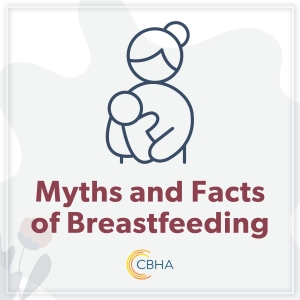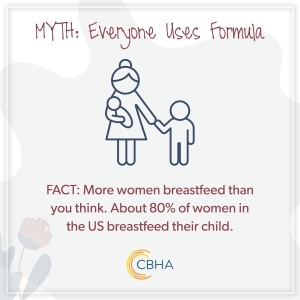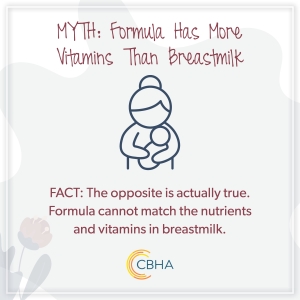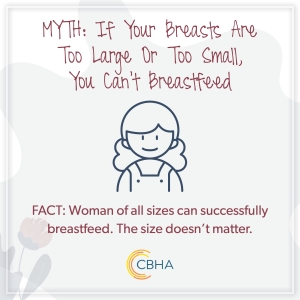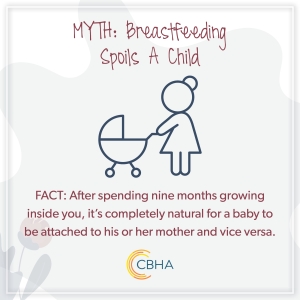Why Is Breastfeeding Important?
There are so many reasons to breastfeed. Some of those reasons being the joyful closeness and bonding with your baby, the specific nutrition only you can provide, the cost savings, and health benefits for mother and baby. Keep in mind that feeding your baby is a learned skill.
YOUR FIRST MILK IS LIQUID GOLD. It’s called liquid gold for its deep yellow color, colostrum is the thick first milk that you make during pregnancy and just after birth. This milk is very rich in nutrients and includes antibodies to protect your baby form infections. Your baby gets only a small amount of colostrum at each feeding because the stomach of a newborn infant is tiny and can hold only a small amount.
YOUR MILK CHANGES AS YOUR BABY GROWS. Colostrum changes into mature milk by the third to the fifth day after birth. This mature milk has the right amount of fat, sugar, water and protein to help your baby grow. It looks thinner than colostrum, but has the right nutrients your baby needs to grow healthy.
FORMULA IS HARDER TO DIGEST. For most babies, especially premature, formula is harder to digest than breastmilk because it is made from cow’s milk. That type of milk takes time for babies’ stomachs to adjust to digesting it.
BREASTMILK FIGHTS DISEASES. The cells, hormones and antibodies in breastmilk protect babies from illnesses. This protection is unique and changes to meet your baby’s needs. Research suggests that breastfed babies have lower risks of1:
- Asthma
- Childhood leukemia
- Childhood obesity
- Ear Infections
- Eczema (atopic dermatitis)
- Diarrhea and vomiting
- Lower respiratory infections
- Sudden infant death syndrome (SIDS)
- Type 2 diabetes
MYTHS AND FACTS
MYTH: EVERYONE USES FORMULA
Fact: More women breastfeed than you think. About 80 percent of women in the United States breastfeed their child.
MYTH: FORMULA HAS MORE VITAMINS THAN BREASTMILK.
Fact: The opposite is actually true. Formula cannot match the nutrients and vitamins in breastmilk.
MYTH: IF YOUR BREASTS ARE TOO LARGE OR TOO SMALL, YOU CAN’T BREASTFEED.
Fact: Woman of all sizes can successfully breastfeed. The size doesn’t matter.
MYTH: BREASTFEEDING SPOILS A CHILD.
Fact: After spending nine months growing inside you, it’s completely natural for a baby to be attached to his or her mother and vice versa.
COMMON QUESTIONS
IS IT OKAY FOR MY BABY TO USE A PACIFIER?
It is best to wait until your baby is at least 3 to 4 weeks old to introduce a pacifier, so that your baby can learn how to latch to the breast.
CAN I TAKE MEDICINE IF I AM BREASTFEEDING?
You can take certain medicines while breastfeeding, but not all. Almost all medicines pass into your milk in small amounts. Always talk to your doctor or pharmacists about medicines you are using and before you start using them.
CAN I BREASTFEED IF I AM SICK?
Yes. Most common illnesses like colds, seasonal flu or diarrhea can’t be passed through breastmilk.
IS IT SAFE TO SMOKE, DRINK OR USE DRUGS?
No, it is not safe if you smoke, drink or use drugs while breastfeeding. If you smoke, you should quit immediately, you should also avoid alcohol and the use of illicit drugs. Drugs, excessive drinking and smoking are not safe for you nor your baby.
If you are a first time mom or are facing complications with breastfeeding call us today to make an appointment with one of our Breastfeeding support counselors. (509) 499-5256
1Stuebe, A. (2009). The Risks of Not Breastfeeding for Mother and Infants. Obstetrics and gynecology; 2(4): 222-231.
